
China: Security Remains High in Xinjiang
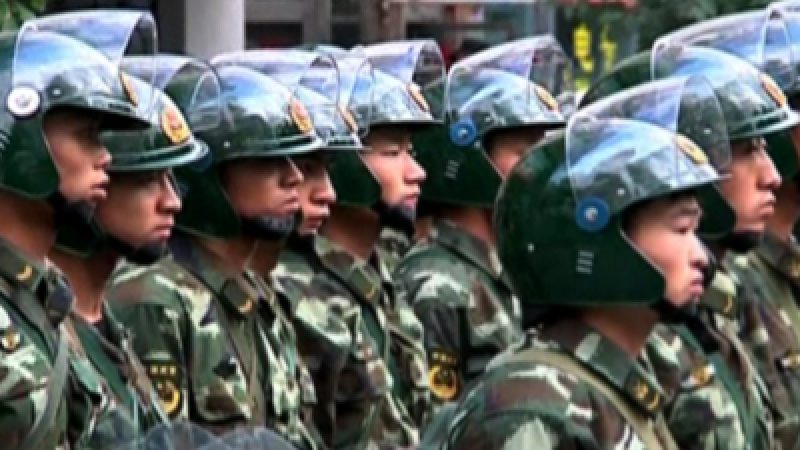
Security and tension remain high in western China today, following riots in the city of Urumqi earlier this week. The violence has even forced head-of-state Hu Jintao to abandon plans to attend the G8 summit in Italy and return home to handle it. Here’s more on the situation in Xinjiang.
Security is high in China’s western Xinjiang region today as violence continues between ethnic Uighurs, Han Chinese, and riot police.
Authorities imposed a curfew last night after thousands of Han Chinese stormed through the streets of the capital, Urumqi, wielding clubs, metal bars, cleavers and axes. They were demanding redress, and sometimes extracting bloody vengeance, for Sunday’s violence, which they felt involved Uighurs targeting Han people and their businesses.
Meanwhile, Uighurs, many of them women, also protested—defying rows of anti-riot police and telling reporters that their husbands, brothers and sons had been taken away in indiscriminate arrests.
There was no sign of violence Wednesday morning, but 50-year-old Li Jing says she fears protection provided by security forces was still not enough to ensure her safety.
[Li Jing, Urumqi Resident]:
“Of course I am worried. Urumqi is such a big place and there are so many people here now. If we just rely on the security forces, it would not be enough. People here don’t even dare to step out of their homes. What we can do now is to be on our guard. Even if I want to go out and do some exercise, I feel scared. Also we don’t have much food supplies in store at home and the supermarkets are too scared to be open for business.”
Xinjiang has long been a hotbed of ethnic tensions, fostered by many factors: The Communist Party has called on Han Chinese to migrate to the region, and it’s the Han, not the locals, who end up with most of the good jobs. The CCP also tightly controls the Uighurs‘ religion and culture, leaving deep-seated anger among them.
But now the anger on both sides of the region’s ethnic divide makes controlling Xinjiang all the more difficult for the ruling communist regime.
Mr. Jiang, a 50-year-old Urumqi resident, says that despite high security it was still unsafe to go out unarmed.
[Mr. Jiang, Urumqi Resident]:
“If you go to work, you will have to carry a stick or a knife. If you don’t carry anything like that, that will not work. We will have to carry something for our own safety.”
However 19-year-old ethnic Han student Zhang Chen believes that violence is not the answer.
[Zhang Chen, Ethnic Han Student]:
“I think if Han Chinese are beaten up and then go out and beat other people, you cannot sympathize with them. They should use peaceful methods, not violence, to resolve the problem.”
Uighurs are a Turkic people who are largely Muslim and share linguistic and cultural bonds with Central Asia. They make up just under half of Xinjiang’s 20 million people.
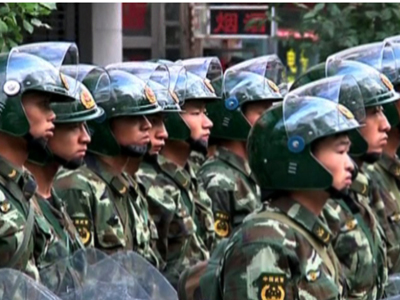 (NTDTV)
(NTDTV)






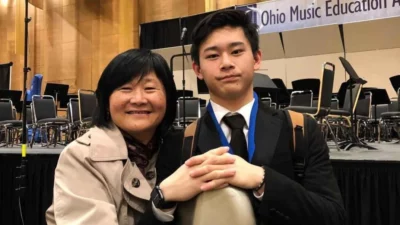





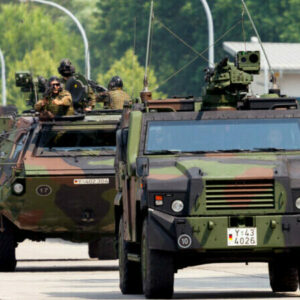






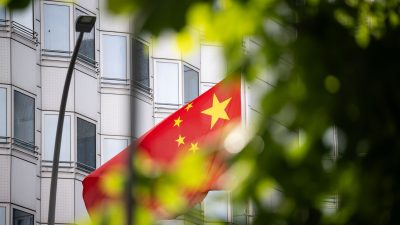






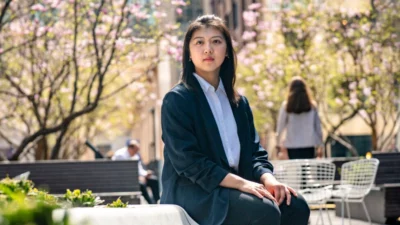
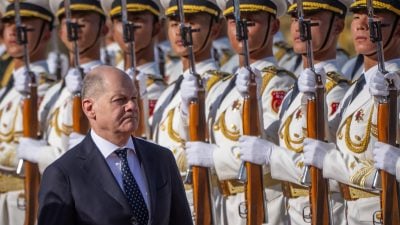
vielen Dank, dass Sie unseren Kommentar-Bereich nutzen.
Bitte verzichten Sie auf Unterstellungen, Schimpfworte, aggressive Formulierungen und Werbe-Links. Solche Kommentare werden wir nicht veröffentlichen. Dies umfasst ebenso abschweifende Kommentare, die keinen konkreten Bezug zum jeweiligen Artikel haben. Viele Kommentare waren bisher schon anregend und auf die Themen bezogen. Wir bitten Sie um eine Qualität, die den Artikeln entspricht, so haben wir alle etwas davon.
Da wir die Verantwortung für jeden veröffentlichten Kommentar tragen, geben wir Kommentare erst nach einer Prüfung frei. Je nach Aufkommen kann es deswegen zu zeitlichen Verzögerungen kommen.
Ihre Epoch Times - Redaktion